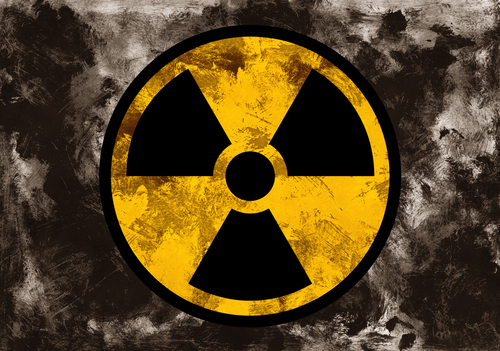
The Intelligence Advanced Research Projects Activity (IARPA) recently initiated a multi-year research endeavor targeting new low-dose ionizing radiation exposure detection methods.
Through the Targeted Evaluation of Ionizing Radiation Exposure (TEI-REX) program, IARPA is pursuing new technologies identifying low-dose radiation exposure, determining the exposure timeline, and exposing environmental factors related to exposure locations.
“Today’s technology mostly assesses exposure to high doses of radioactive materials by looking at multiple samples that often have limited accuracy for only a few days,” Program Manager Michael Patterson said. “TEI-REX looks to advance our knowledge of radiation exposure by engineering new methods to analyze small traces of exposure from samples that are much easier to collect, store, ship, and analyze for months.”
IARPA serves as the Office of the Director of National Intelligence (ODNI) research and development branch. Research goals include determining methods to better protect Intelligence Community health and safety, as well as military and government personnel overseas, in addition to supporting nuclear counterproliferation endeavors.
Teams at the University of Washington, Ohio State University Signature Science, LLC, and Areté Associates have been awarded TEI-REX research contracts to address the full range of research objectives, per officials.
Additionally, test and evaluation work would be performed by Lawrence Berkeley National Laboratory, Los Alamos National Laboratory, and the Armed Forces Radiobiology Research Institute.




